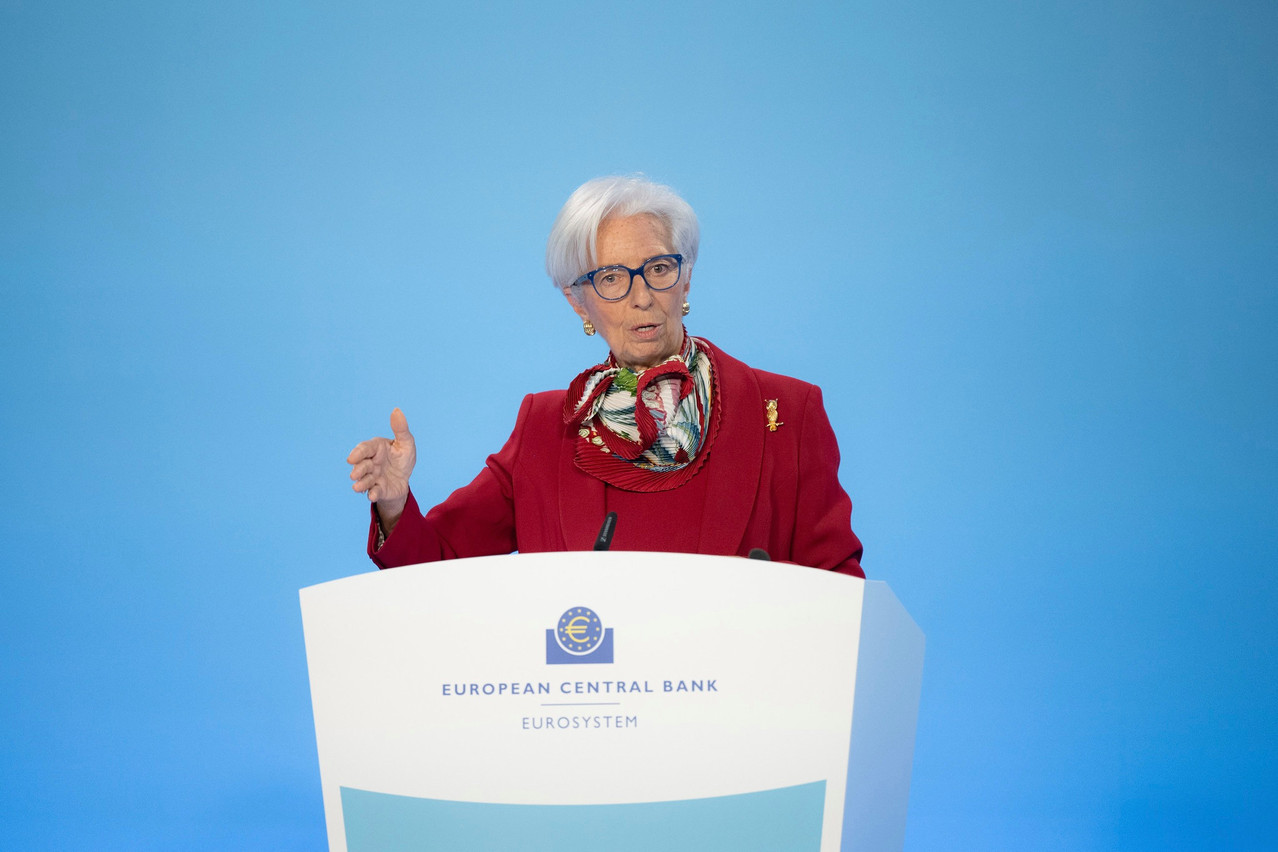A general consensus has emerged ahead of the crucial European Central Bank governing council meeting this Thursday, including expectations from , , , and , among others, indicating unanimous agreement for an expected 25 basis point increase in the key banking rates for the euro area.
The confidence in market expectation is pronounced. The only thing that Simon Harvey, head of FX analysis at Monex Europe, thinks the ECB may surprise with is the inflation forecasts, implying that the markets have already fully factored in the anticipated rate hike.
However, the ECB, which has been that it will “follow a data-dependent approach,” , “policy rate decisions will continue to be based on its assessment of the inflation outlook in light of the incoming economic and financial data, the dynamics of underlying inflation, and the strength of monetary policy transmission”, and as recently as 5 June, Christine Lagarde, president of the ECB, that “the latest available data suggest that indicators of underlying inflationary pressures remain high”, thereby raising the stakes and uncertainty against a symbolic meeting outcome.
Lagarde added that “there is no clear evidence that underlying inflation has peaked.”
In terms of data dependency for the decision-making process, Eurostat’s revised data on the euro area GDP reveals two consecutive quarters of contractions, . This in the case of the economic heavyweight Germany.
Furthermore, in terms of financial stability outlook, ECB reviewed it as , indicating any mismatch between policy rates and market’s appetite for further tightening remains a concern for the ECB.
Likewise, the latest survey published by the ECB on 7 June highlights a (47%) in the comprehensive indicator measuring businesses’ perception of financing conditions, marking the highest level recorded since the survey’s inception in 2009.
Lastly, inflation, particularly food prices (12.5%) and wage pressures, continue to remain elevated, with a rate of 6.1% in May, adding grains of uncertainty regarding the speed and effectiveness of monetary policy transmission.
In addition to implementing monetary policies focused on curbing inflation through increased key banking rates, the ECB has also adopted measures such as and starting from July 2023, in order to withdraw excess liquidity from the market and slow down economic growth.
The latest incoming data on inflation from the eurozone’s largest economy, Germany, , shows a decline, down 6.1% in May compared to 7.2% in April. However, “the rate of inflation has continued to slow but remains at a high level nevertheless,” says Ruth Brand, president of the German federal statistical office, Destatis.
Uncertain monetary policies across other economies are also evident, with the took markets by surprise when it raised its policy rate by 25bp on 6 June, a move mirrored by the just a day later. The US Federal Reserve is set to announce its monetary policy decision on 14 June with economists now favouring a “pause” in rate hikes.
Against this backdrop of diverging monetary policies and mixed euro area economic indicators, the ECB faces a complex decision-making process.
, the governor of the Luxembourg central bank, will get to vote this Thursday after being absent from the last two sessions, as per the rotation of voting rights in the governing council.
With odds balancing and rebalancing in every possible direction, the forthcoming meeting can be likened to playing a hand at a rock-paper-scissor game this Thursday.
